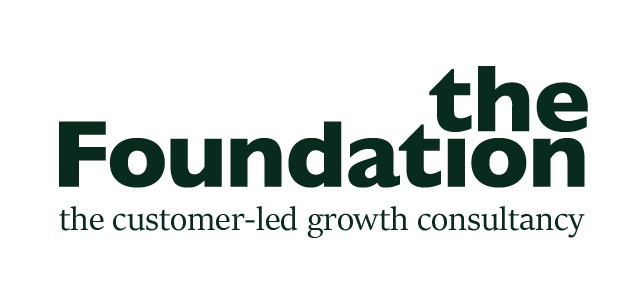Gillian Drakeford | Pioneered at Ikea
…who has pioneered across a career at IKEA. She joined in the UK in the earliest days of the business, establishing the strange new model of well designed, well priced, flat-pack furniture with a British audience. Her first big piece of pioneering leadership came when she led the business into China. She had to learn how to work outside-in, really understanding how Chinese people lived and ways that IKEA’s offer and strengths could be made relevant to them. This involved surmounting big challenges including scale, with more than 25,000 people coming to a single store on a Saturday, with pricing, having to reduce costs and adjust the model to allow a sofa to be sold for one tenth the price it was originally, and adjusting the range so customers could buy chop sticks and rice bowls. It worked extremely well and she was asked to come back to the UK which in 2013 had run into trouble. The business had failed to respond to a multichannel retail world, and share was falling while customer complaints rose fast. The business had lost belief that IKEA could succeed in the UK, become too focused on costs, was divided by unhelpful silos, with no connection to a true customer view. Her pioneering started with restating why the business existed, leading to the line ‘The Wonderful Everyday’, and then committed customer listening, visiting people’s homes, understanding their needs, their hopes and their frustrations. The team made big organisational shifts in response, from store sales targets and online being in competition to defining online and store business by market areas, adding the two together, incentivising cross-channel exploration, buying and dealing with returns. The huge 60% of online orders that failed were diagnosed as the efficiency-led KPIs in the supply chain, rewarding full batches in containers when they were ready rather than responding to customer need at higher cost – but lower overall cost when seeing the refunds and rework needed, and higher return from happier buyers. Innovation included buying Task Rabbit and offering it as a service to customers preferring to spend on avoiding building things themselves, and new small store formats in city centres to make a real world experience more accessible. It all led to profitability growth shifting from 0.2% to 10% for 5 consecutive years and a growth in share from 6% to 8.3%.

